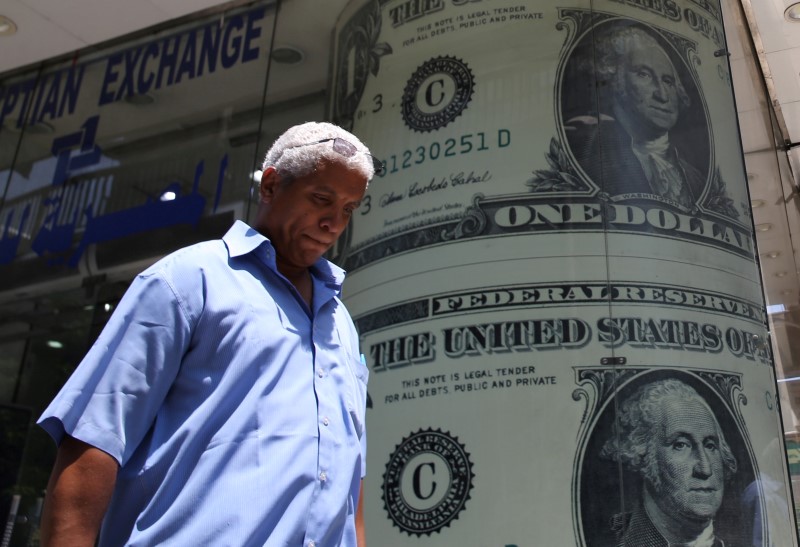* Investors narrow odds on Fed rate cut by year end
* Treasury yields dive, two-year at the overnight rate
* Saving grace for dollar is other central banks also doves
By Wayne Cole
SYDNEY, March 21 (Reuters) - The dollar nursed heavy losses in Asia on Thursday after the Federal Reserve stunned markets by abandoning all plans to raise rates this year, a signal its three-year campaign to normalise policy might be at an end.
Investors rushed to price in the prospect of rate cuts later this year, while benchmark Treasury yields dived to their lowest since early 2018.
The Fed's swerve sent the dollar sliding to 110.67 yen JPY= , with its 0.6 percent loss overnight the biggest drop since the flash crash of early January.
The euro flew to a seven-week peak and was last trading at $1.1424 EUR= , a world away from its recent low of $1.1177. That left the dollar down at 95.929 .DXY against a basket of currencies, having lost 0.5 percent overnight.
"Markets were universally poised for a very benign outcome and the Fed dutifully delivered, their message overall matching the most dovish of expectations," said Richard Franulovich, head of FX strategy at Westpac.
"The median 2019 projection is for no hikes, a strong majority of 11 among 17 at zero; a dramatic shift from just two members looking for no Fed hikes in 2019 back in December."
It had previously tipped two hikes this year. The central bank also trimmed its forecasts for economic growth and inflation, while lifting that for unemployment. home the dovish shift, the Fed will now stop running down its balance sheet in September, some months earlier than many had expected.
Investors reacted by wagering the next move in rates would be down, with fund futures 0#FF: now implying around 11 basis points of easing by December.
Yields on two-year notes US2YT=TWEB sank to 2.40 percent, dead in line with the effective funds rate, and five-year yields dropped even further to 2.33 percent US5YT=RR .
The only solace for the dollar was that other central banks around the globe have also turned decidedly dovish in recent months as growth slowed pretty much everywhere.
That need for stimulus means many central banks will not want to see their currencies appreciate against the dollar, giving them reason to sound even more accommodative.
"The more cautious tone and downgraded U.S. economic outlook will limit dollar upside," said CBA senior currency strategist Joseph Capurso.
"However, with similarly soft economic growth outlooks elsewhere including Europe, China, Australia and Japan it is questionable whether the dollar will depreciate to any significant extent."
One currency with problems of its own was sterling, which retreated to $1.3192 GBP=D3 after British Prime Minister Theresa May's request to delay Brexit until June 30 faced resistance from parts of the European Union. better was the New Zealand dollar as data on domestic economic growth came in firmer than many bearish investors had expected.
Strong household spending and business investment lifted gross domestic product 0.6 percent in the December quarter, helping the kiwi climb to a seven-week top of $0.6923 NZD=D3 .
